Who we are
Erasmus MC – Department of Public Health

Frank van Lenthe
Frank J. van Lenthe is Associate Professor of Social Epidemiology at the Department of Public Health of Erasmus MC, with a specific interest in urban health and healthy ageing. His research focuses on the explanation of individual and area-based inequalities in health and health-related behaviours and the role of urban environmental characteristics in these disparities. Van Lenthe is interested in the application of state-of-the art research methods, including econometric methods, causal mediation analysis, and agent-based models.
Van Lenthe has extensive experience in leading large consortia, both at the national and international level. He was the scientific coordinator of the EU-funded HOPE (Health and Obesity Prevention in Europe) project and EU-funded TEENAGE (the prevention of socioeconomic inequalities in health behaviour in adolescents in Europe) project and was involved in the Demetriq project (Developing methodologies to reduce inequalities in the determinants of health). He is the former editor-in-chief of the International Journal of Behavioural Nutrition and Physical Activity. Van Lenthe published about 180 international publications.
Dr. Van Lenthe will coordinate the overall MINDMAP project (WP 1). He will oversee the development of a conceptual model of mental well-being in urban environments and will lead the creation a platform of harmonized data from all cohort studies (WP 2). He will also lead the construction of a longitudinal database of urban physical environmental characteristics, and will direct the studies assessing the impact of urban physical environmental characteristics on mental health via health behaviours (WP 6).
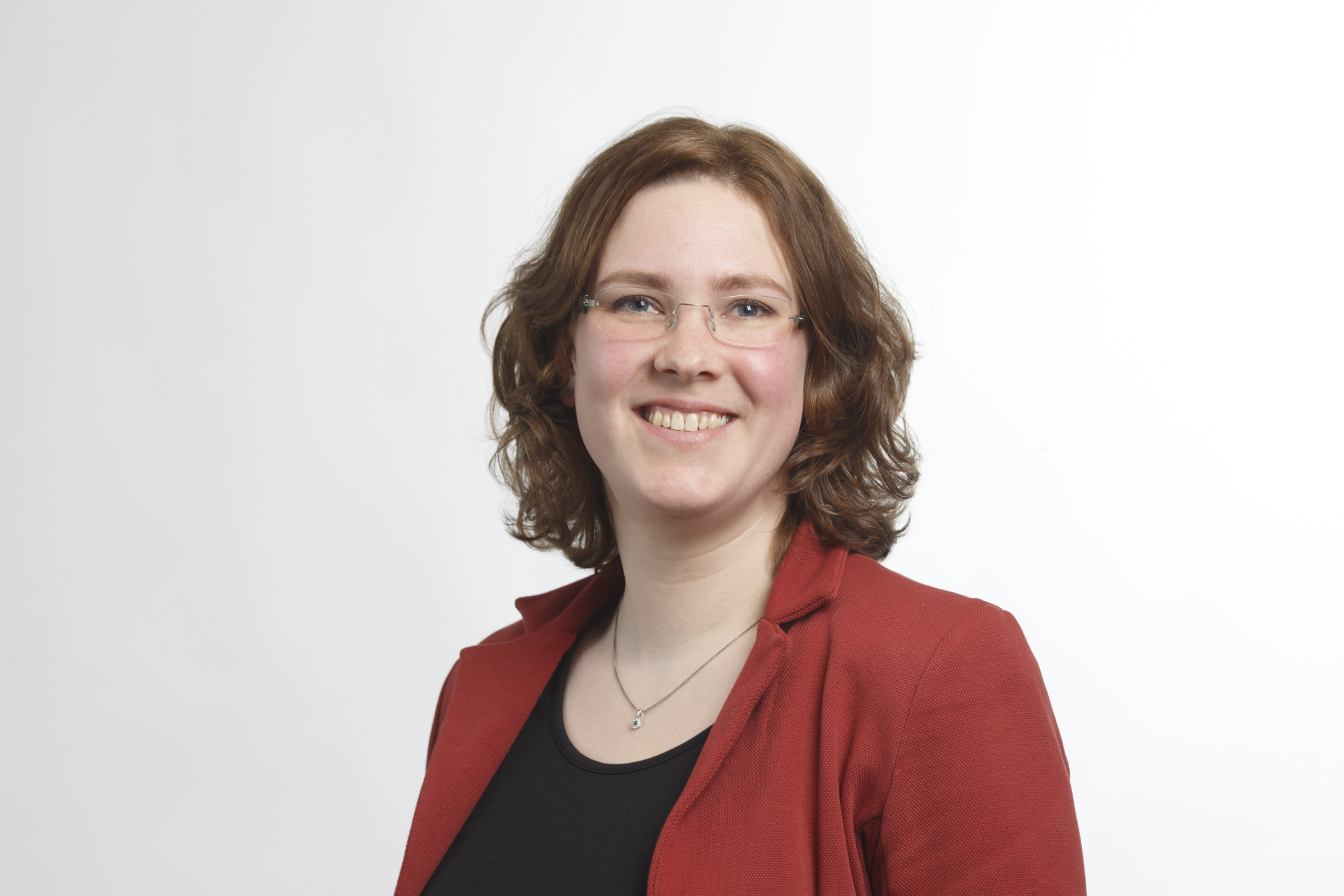
Mariëlle Beenackers
Mariëlle Beenackers is a senior research fellow at the Department of Public Health of Erasmus MC. Her main expertise and interest are on the impact of urban environmental factors on healthy ageing and health behaviour; as well as social epidemiology and complex data-analysis. She is involved in the GLOBE study and recently she developed a toolkit for addressing socioeconomic health inequalities (Health Equity 2020).
In the MINDMAP project she will work on WP2 (data harmonization) and WP6 on understanding the impact of the urban physical environment on mental health.

Mark Noordzij
Mark Noordzij works as a PhD researcher at the Department of Public Health of the Erasmus Medical Centre Rotterdam. He graduated in Human Geography and developed a special interest in Geographical Information Science (GIS) and the application of (open) geospatial data for analytical purposes.
Within MINDMAP his primary focus will be on the urban, physical environment (Work Package 6) and how this environment relates to the mental health of the elderly. He will also work on applying different spatial perspectives within public health research and theoretical development of core concepts.
London School of Economics and Political Science, LSE Health
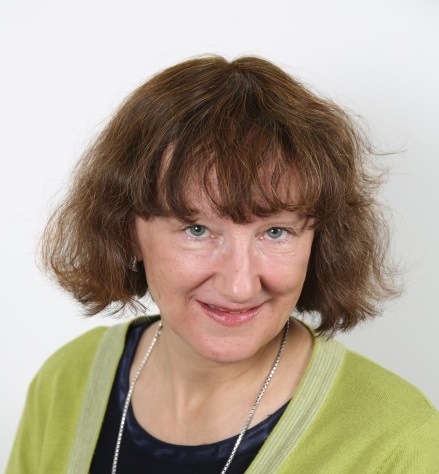
Emily Grundy
Emily Grundy is a Professor of Demography at the London School of Economics where she has worked since October 2013. Previous appointments include positions at the London School of Hygiene & Tropical Medicine, where she remains an Honorary Professor, Cambridge University, and King’s College London. Most of Emily’s research has focussed on aspects of individual or population ageing. Her main research interests are families, households and kin and social networks in later life, especially in relationship to health, associations between family life courses and health and well-being at older ages, and trends and differentials in later life health, disability and mortality.
Emily’s role within MINDMAP includes work on the development of the conceptual model and integration of knowledge arising from the project. She will also be involved in the work on how social environments shape health ageing.
University of Helsinki

Pekka Martikainen
Pekka Martikainen is a Professor of Demography at the Department of Social Research at the University of Helsinki. He is also currently a research affiliate at the Population Studies Centre, University of Pennsylvania and the Max Planck Institute for Demographic Research, as well as a part-time visiting Professor at the Centre for Health Equity Studies (University of Stockholm/Karolinska Institutet). His research interests mostly relate to the trends in and causes of socioeconomic differences in cause-specific mortality. He is also interested in other population sub-group differences in health; these relate in particular to the effects of marital status and widowhood on health, unemployment and mortality, the effects of area characteristics on health, as well as the accumulation of poor health and labor market disadvantage in households and across generations. More recent interests are associated with population ageing and long-term care use.
In the MINDMAP Project, Professor Martikainen leads WP3 that uses registry data across Europe to assess the impact of urban environmental determinants on mental and cognitive health outcomes at older ages in European cities.
University College London

Martin Bobak
Martin Bobak is medical epidemiologist and Professor of Epidemiology at University College London. His research focuses on determinants of health in Central and Eastern Europe and the former Soviet Union, with a broad interest in the health effects of societal, socioeconomic, psychosocial, behavioural and environmental factors. For the last 15 years, Prof Bobak, with colleagues in Russia, Poland, Czech Republic and Lithuania, conduct a large multi-centre longitudinal study (the HAPIEE project) on the influences of social, economic and psychosocial factors, nutrition and hazardous alcohol consumption on cardiovascular disease, other chronic conditions and healthy ageing during societal transition.
In the MINDMAP Project, Professor Bobak lead WP4 focusing on geographical variation in levels of mental health and cognitive outcomes using survey data and assessing whether mental health and cognitive outcomes are associated with macro- micro-level urban characteristics.
Norwegian University of Science and Technology
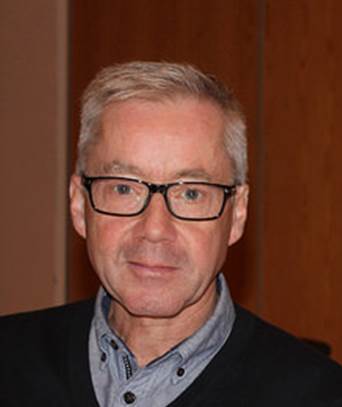
Steinar Krokstad
Steinar Krokstad is Professor in Social Medicine, MD, PhD, Director, Psychiatrist at The Nord-Trøndelag Health Study Department of Public Health and General Practice Norwegian University og Science and Technology (NTNU).
In MINDMAP, he will be the formal scientific project manager from NTNU
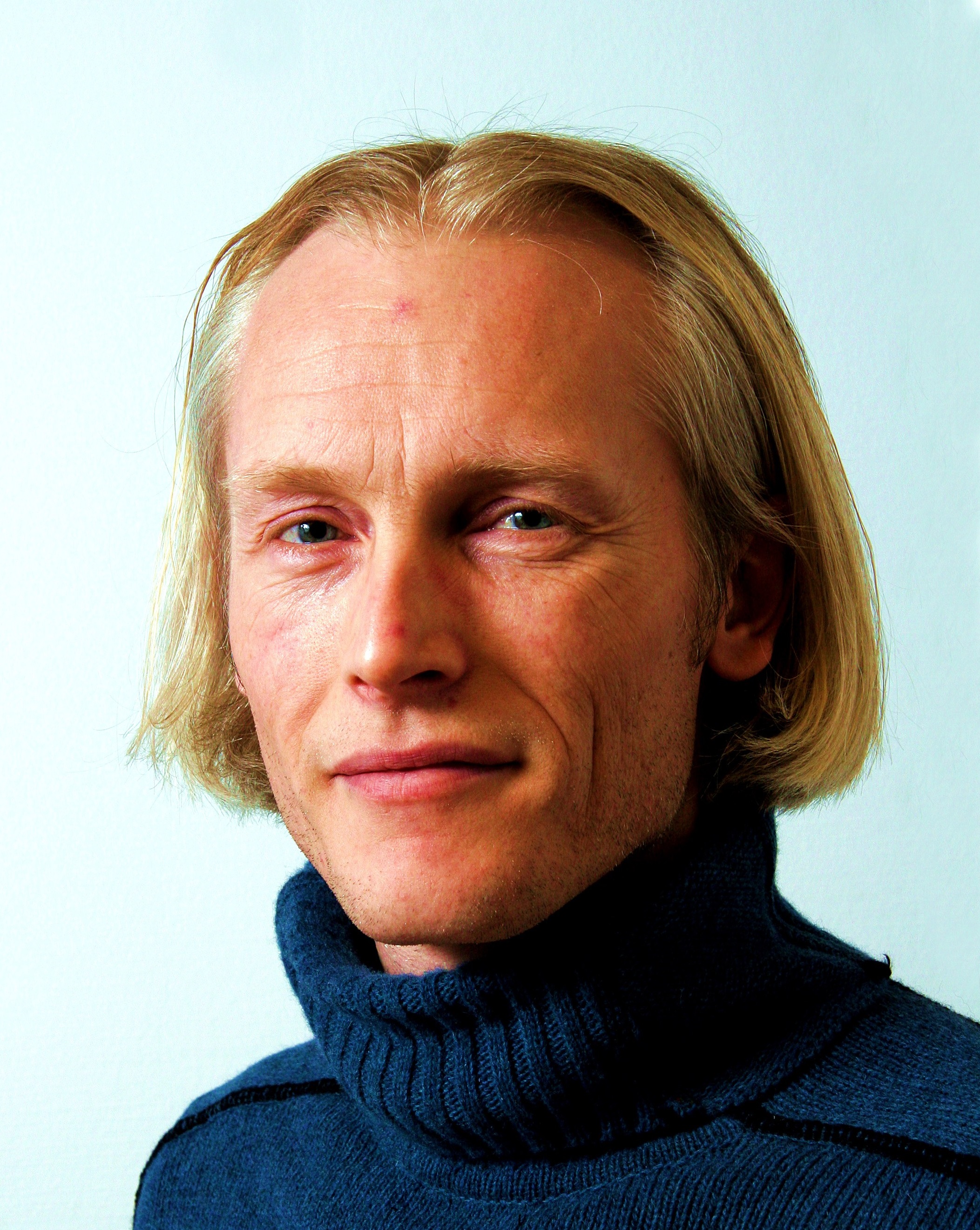
Erik Sund
Erik R Sund is senior social epidemiologist, PhD in Medical Geography at The Nord-Trøndelag Health Study Department of Public Health and General Practice Norwegian University og Science and Technology (NTNU)
In MINDMAP, he will be the central contributor regarding data access and scientific collaboration from NTNU.
VU University of Amsterdam Medical Center, Department of Epidemiology & Biostatistics
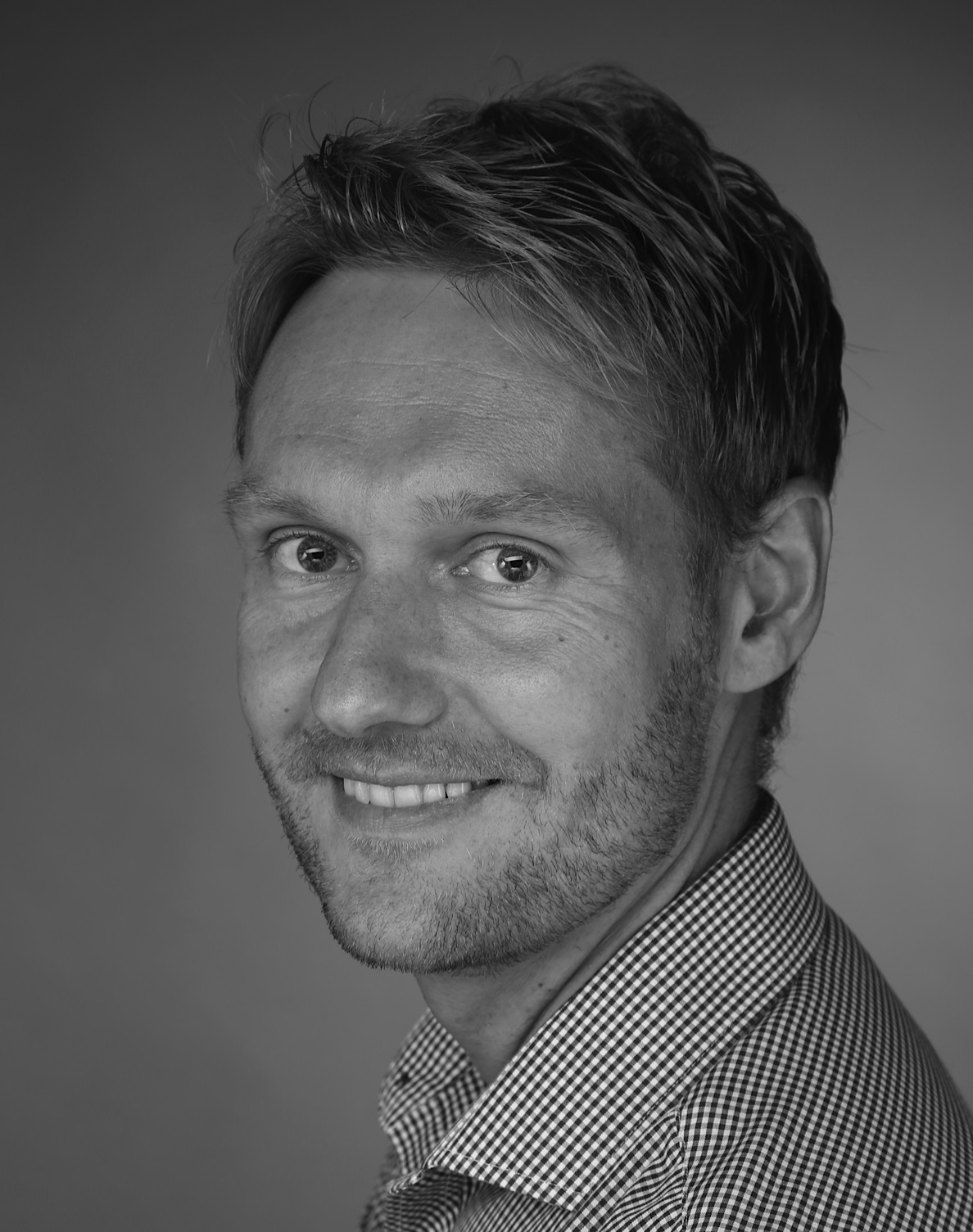
Martijn Huisman
Martijn Huisman is associate Professor at the Department of Epidemiology & Biostatistics of the VU University Medical Center and at the Department of Sociology of the VU University. Martijn is a social epidemiologist with a specific interest in the epidemiology of human ageing. He is the current scientific director of the Longitudinal Aging Study Amsterdam.
Martijn Huisman is the WP leader of WP7 of the MINDMAP project, which concerns the importance of the social urban environment for mental health in older adults.

Irina Motoc
Irina Motoc is a PhD student with the Longitudinal Ageing Study Amsterdam (LASA) working on the MINDMAP project. Her work is on the impact of the social environment on mental health in old age. By researching the impact of the interconnectedness of the social and physical neighbourhood characteristics, on depression and anxiety, over time, Irina hopes to identify macro-level factors which contribute to inequalities in mental health. She was also in charge of harmonizing both the social factors and the perception of the environment domains within MINDMAP.
Irina studied Biochemistry at the University of Washington and received a MSc in Epidemiology from University of Munich (2013). She also worked for the Seattle Public Health Department’s HIV monitoring team and co-developed a course on pRCTs for Karolinska Institute.
Dorly Deeg
French National Institute of Health and Medical Research (INSERM)
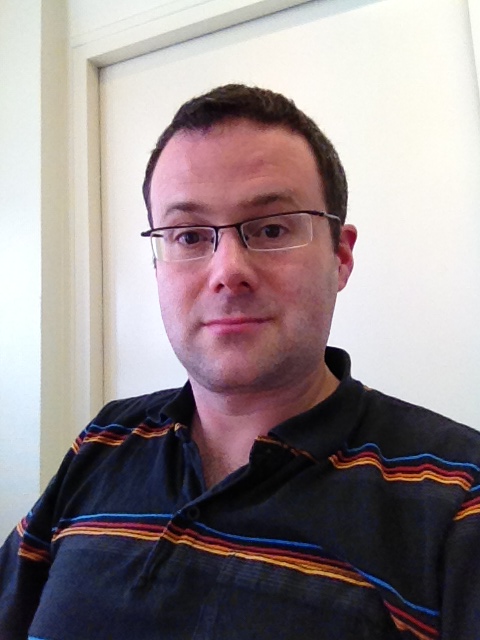
Basile Chaix
Basile Chaix is a research director at the Pierre Louis Institute of Epidemiology and Public health (Inserm, Université Pierre et Marie Curie) in France. He leads the Nemesis research team on the relationships between neighborhood environment, spatial mobility, and health. He is in charge of the RECORD Cohort Study and of the ERC MobiliSense project. He is part of the Editorial board of Epidemiology, Social Science & Medicine, and Health & Place.
In MINDMAP, he is in charge of work package 8 that will investigate how older persons with and without mental health problems interact with their outdoor built environment and how built environments influence depressive symptoms, using GPS receivers and smartphone survey technology.
University of Hamburg, Geriatrics Research Department at the Albertinen-Haus, Centre of Geriatrics and Gerontology
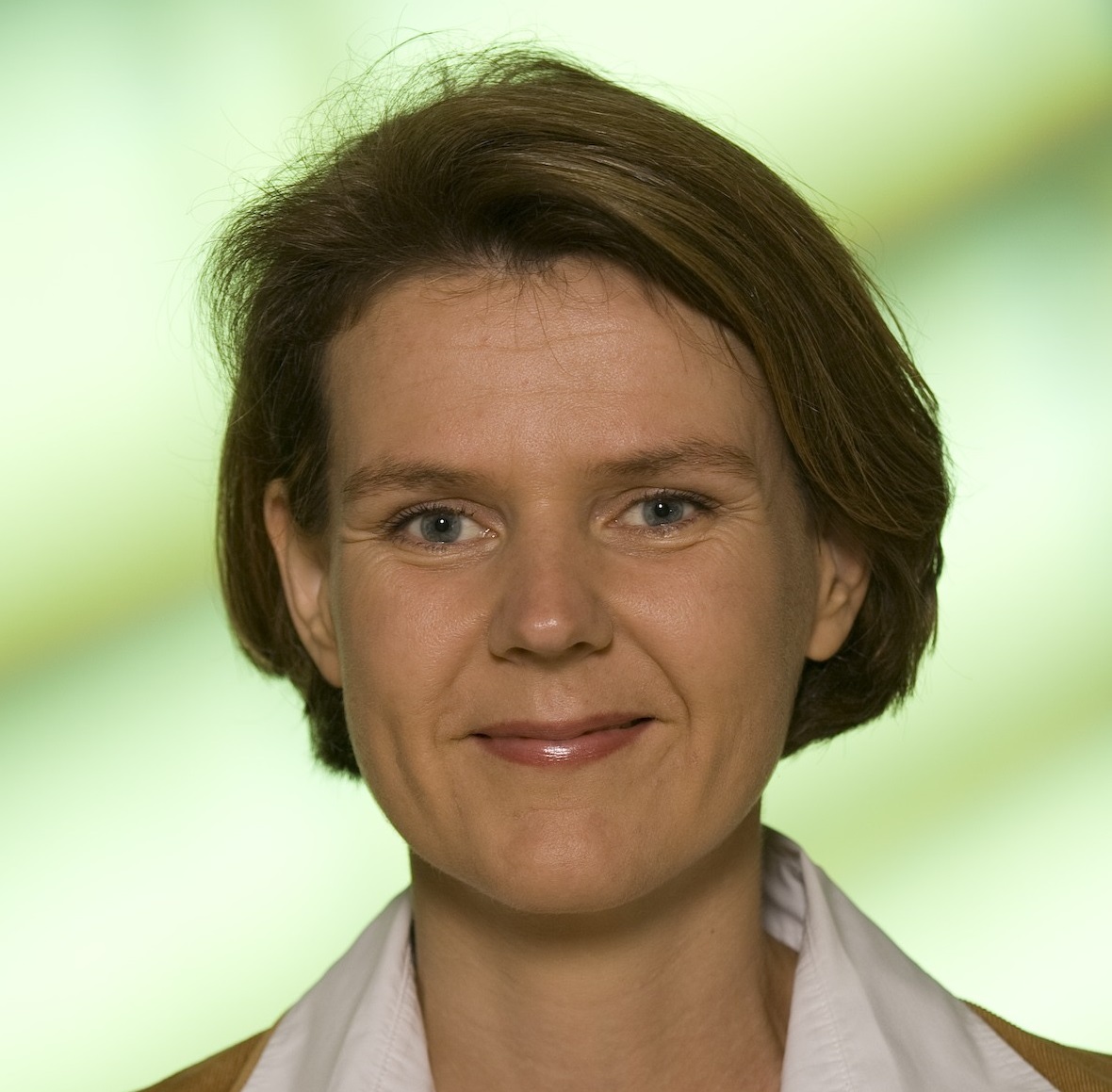
Ulrike Dapp
Ulrike Dapp has a background in health geography; received additional training in geriatrics, epidemiology, biostatistics and research methodology and is a member of the European Academy for Medicine of Ageing (EAMA). She is lecturer in Health Promotion and Public Health at the University of Hannover and the Public Health Academy Düsseldorf (specialist in continuous medical education; CME). Since 1996 she has conducted several research projects at the Albertinen-Haus, including the European multicentre randomised controlled trial in community-dwelling elderly persons plus recruitment of local practices from the primary care network (responsible coordinator). This PRO-AGE study was the basis for organising the Longitudinal Urban Cohort Ageing Study (LUCAS).
In the MINDMAP project, Ulrike Dapp will coordinate WP9 in the field of geriatrics, epidemiology and public health to examine the reciprocal relationship between mental health, cognitive function and functional competence and to identify mental health factors able to prevent functional decline.
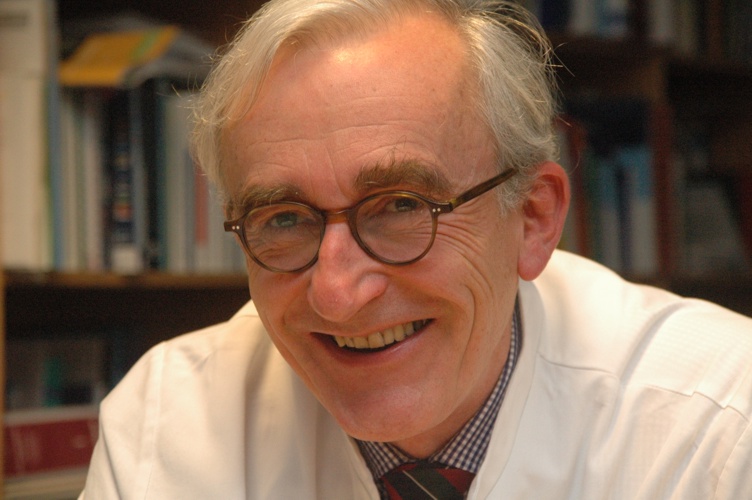
Wolfgang von Renteln-Kruse
Wolfgang von Renteln-Kruse is head of the Medizinisch-Geriatrische Klinik und Tagesklinik, and its research department at the Albertinen-Haus in Hamburg (www.albertinen.de and www.geriatrieforschung.de). He is Professor at the University Hospital Hamburg-Eppendorf (UKE), University of Hamburg and member of the executive board of the Center of Health Care Research (UKE). He is member of the executive board and mentor of the Forschungskolleg Geriatrie, Robert Bosch Stiftung, Stuttgart and extraordinary member of the Arzneimittelkommisssion der deutschen Ärzteschaft (AkdÄ). He is also ass. editor of BMC Geriatrics. He is experienced in clinical research including cohort studies, pharmacoepidemiologic and healthcare provision research, and interdisciplinary research projects. He is principal investigator of the LUCAS consortium.
In the MINDMAP project, Wolfgang von Renteln-Kruse will predominantly focus on the geriatric perspective on mental wellbeing. He will work on clinically meaningful hypotheses, data interpretation and publications.

Lilli Neumann
Lilli Neumann is health economist with focus on public health and management of health-care provision. Within the LUCAS longitudinal study, she is in charge of administration, quality assurance and economic issues i.e. demand for health-care services, cost-calculations. She coordinated a research project with focus on fall prevention and medication in hospital in-patients at the geriatrics centre Albertinen-Haus. That project is the basis of her thesis in health economy (University of Bayreuth).
In MINDMAP WP 9, she will organise development, analysis and interpretation of a survey to be carried out in all European MINDMAP cities on mental health care programmes and planning strategies for older people. The survey will provide the MINDMAP consortium with in-depth results on existing programmes and strategies considering the relationship between functional decline and mental health.
Regional Epidemiology Unit ASL TO3 (University of Turin)
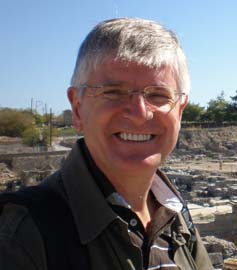
Giuseppe Costa
Giuseppe Costa is Professor of Public Health and chair of the San Luigi Hospital Epidemiology Unit, and of the SCaDU School of Public Health (ASL TO3). He is a registered epidemiologist and public health physician, and his research specialties include social epidemiology, occupational epidemiology, and health systems and quality of care research. He is actively engaged in transferring knowledge on health inequalities into policies, as the Italian expert in the Expert group of the EU Commission on Social Determinants of Health and as a member of several government advisory councils at the National and Regional level. Actually he is involved in the dissemination of the results of the recently published second Italian White Paper on health Inequalities, which includes a wide consultation process of many stakeholders operating at national, regional and local level and coming from different sectors (healthcare, government, other ministries, third sector, civil society, NGO, labour unions).
Giuseppe Costa is the coordinator of the activities included in the WP12 on the dissemination of the results of MINDMAP and on the stakeholder engagement process, at European and local level.
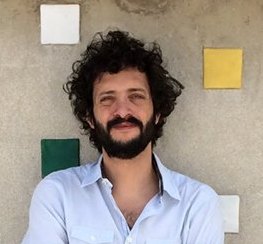
Michele Marra
Michele Marra is a sociologist with a Postgraduate Specialisation in Epidemiology, working at the SCaDU School of Public Health (ASL TO3). He has good expertise in the field of social epidemiology, as well as skills as data analyst and stakeholder engagement process. His major research interest is the analysis of social inequalities in health and policy evaluation. He is actively engaged in the process, leaded by the Italian ministry of health, towards a national strategy on health inequalities.
Drexel University School of Public Health
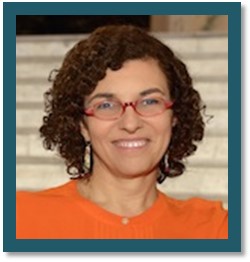
Ana V Diez Roux
Ana Diez Roux is professor of Epidemiology and Dean of the Drexel University Dornsife School of Public Health. Dr. Diez Roux has been an international leader in the investigation of the social determinants of health, the application of multilevel analysis in health research, and the study of neighborhood health effects. Her research areas include social epidemiology and health disparities, environmental health effects, psychosocial factors in health, cardiovascular disease epidemiology and urban health. Recent areas of work include social environment-gene interactions and the use of complex systems approaches in population health. She has led large NIH and foundation funded research and training programs in the United States and in collaboration with various institutions in Latin America. She has been a member of the MacArthur Network on Socioeconomic Factors and Health and Co-Director of the Network on Inequality, Complexity and Health. Since 2017 she leads the Wellcome Trust funded network on “Making cities healthier, more equitable and environmentally sustainable: lessons from Latin America.
Dr. Diez Roux has served on numerous review panels and advisory committees including most recently the Clean Air Scientific Advisory Committee (CASAC) of the Environmental Protection Agency (as Chair), the Board of Scientific Counselors (BSC) of the National Center for Health Statistics, the Committee on Health and Wellbeing in the Changing Urban Environment of the International Council for Science (ISCUS) and the CDC Community Guide Task Force. She was awarded the Wade Hampton Frost Award for her contributions to public health by the American Public Health Association. She is an elected member of the American Epidemiological Society, the Academy of Behavioral Medicine Research, and the National Academy of Medicine .
Diez Roux received an MD from the University of Buenos Aires, a master’s degree in public health and doctorate in health policy from the Johns Hopkins School of Hygiene and Public Health.

Yong Yang
Yong Yang is an Assistant Professor at the School of Public Health at the University of Memphis. He is motivated to examine how the human’s health behaviors including physical activities are influenced by the built and social environments, to estimate the corresponding impacts on humans’ health, and to provide implications for policy interventions. His research is based on the integration of methodologies from epidemiology, systems science, and geography.
In the MINDMAP project, he is working on WP11 (agent-based modelling) to understand the key multilevel determinants of mental health among older adults in urban environments.
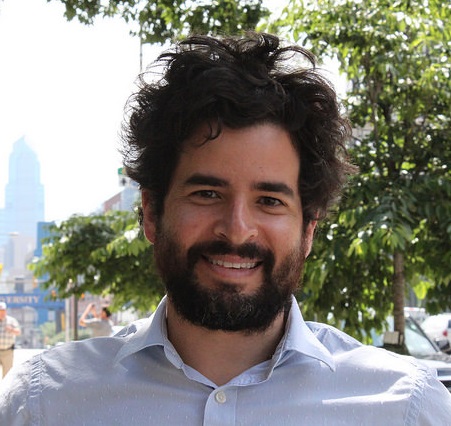
Brent Langellier
Brent Langellier conducts research to understand and address the mechanisms that produce health disparities, particularly among racial/ethnic minorities and the poor. He conducts observational research using a variety of primary and secondary data sources, as well as multilevel intervention research in minority communities. Currently, Brent Langellier uses complex systems methodologies (e.g., agent-based simulation models) to disentangle complex systems of factors that interact to produce health and health care disparities.
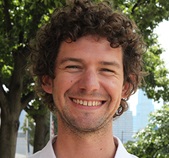
Jonathan Purtle
Jonathan Purtle is a mental health policy and services researcher who uses mixed methods approaches to understand how evidence-supported policy interventions can be most effectively disseminated, implemented, and sustained to reduce health inequalities. Currently, Dr. Purtle’s work is focused on studies to improve the dissemination of research evidence to state and local policymakers in the US.

Katie Nelson
Katie Nelson is a doctoral student in Health Services Research and Policy at Drexel University Dornsife School of Public Health. Her research interests include mental health, aging, urban health, and patient-provider communication.
McMaster University, Department of Clinical Epidemiology and Biostatistics
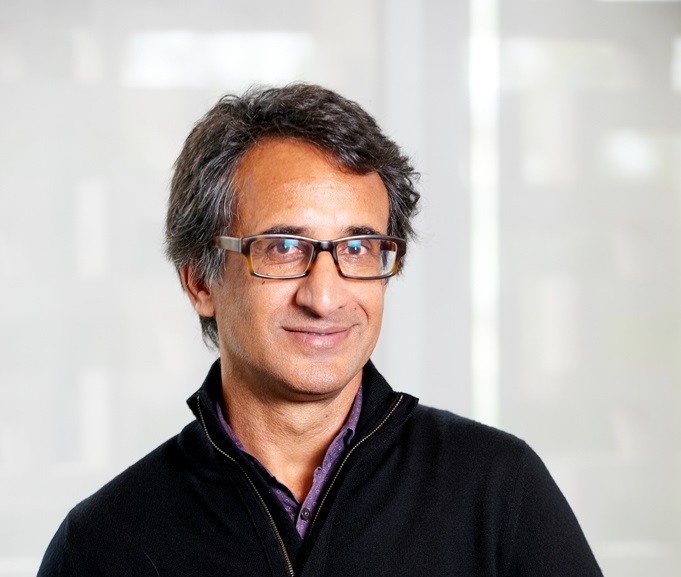
Parminder Raina
Dr. Parminder Raina is a Professor in the Department of Clinical Epidemiology and Biostatistics at McMaster University. He specializes in the epidemiology of aging with emphasis on developing the interdisciplinary field of geroscience to understand the processes of aging from cell to society. He has expertise in epidemiologic modeling, systematic review methodology, injury, and knowledge transfer. He holds a Canada Research Chair in Geroscience and the Raymond and Margaret Labarge Chair in Research and Knowledge Application for Optimal Aging. He is the lead investigator of the Canadian Longitudinal Study on Aging. He is one the founding members of McMaster Optimal Aging Portal and the Ontario Research Coalition of Aging Institutes/Centers.
Dr. Raina is the lead of work package 5 – Biomarkers data analysis – to create a harmonized data of biomarkers across urban cohorts in MINDMAP.
Research Institute of the McGill University Health Centre

Isabel Fortier
Dr Isabel Fortier (McGill University) leads the Maelstrom Research Program (www.maelstrom-research.org). The project aims to provide the research community from diverse disciplines with resources (expertise, methods and software) to leverage and support (1) data harmonization and integration across studies and (2) implementation of individual study infrastructures.
In the MINDMAP project Dr Fortier also coordinates the data harmonization in WP2.
King’s College London
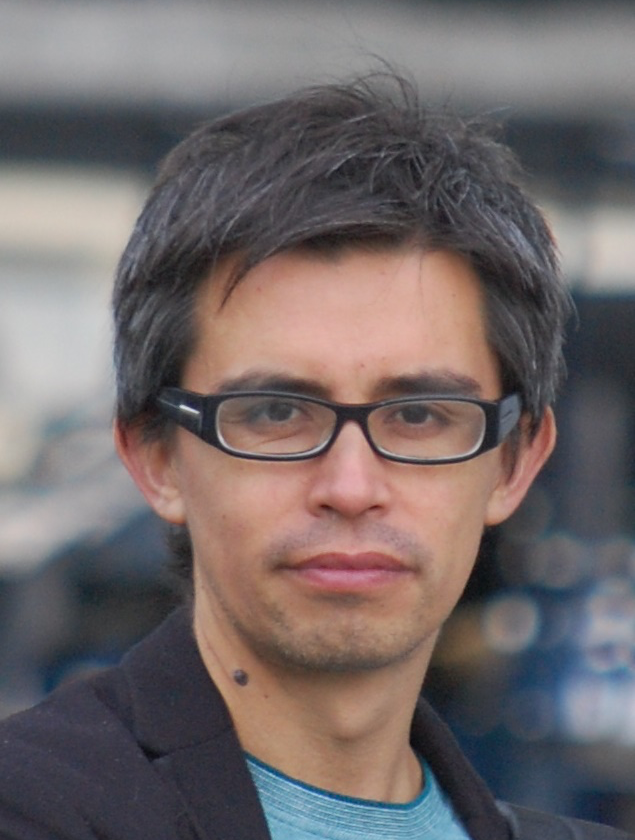
Mauricio Avendano
Mauricio Avendano is Reader (Associate Professor) in Global Ageing at the Department of Social Science, Health and Medicine at King’s College London. He is also Adjunct Associate Professor at the Department of Social and Behavioural Sciences at the Harvard School of Public health. His research focuses on understanding the long-run impact of macro-economic shocks on the health of older people, and examining the health impact of social policies using longitudinal survey and registry data. His research has examined the health impacts of maternity leave policies, unemployment benefit programmes, work flexibility policy, cash transfer programmes and pensions. Part of his work also explores the causes of cross-national differences in health and mortality between the US and other high-income countries, and the role of social disparities and social policies in explaining these differences. His work tries to integrate econometric and epidemiological approaches to improve causal inference.
Dr. Avendano will be primarily responsible for co-ordinating work package 10 on the Impact and Costs of Policies for the Promotion of Mental Health in European Cities. He will also collaborate with colleagues in work packages 4 and 5, which focus on evaluating the impact of the urban environment on mental health and cognitive function using registry and survey data. Dr. Avendano will also support Dr. Van Lenthe in the overall co-ordination of MINDMAP and the development of a theoretical model.

